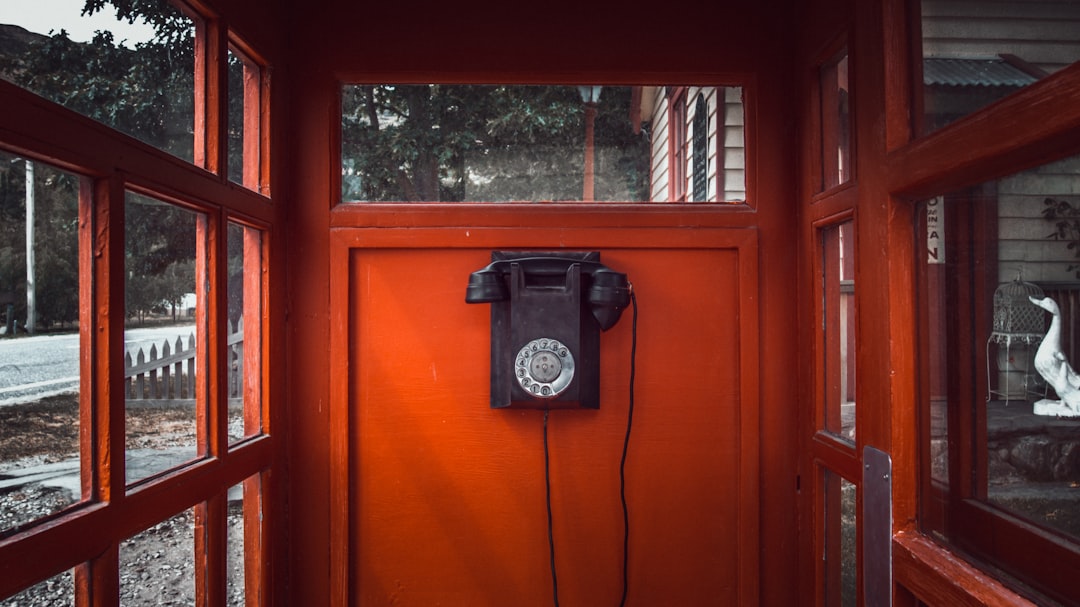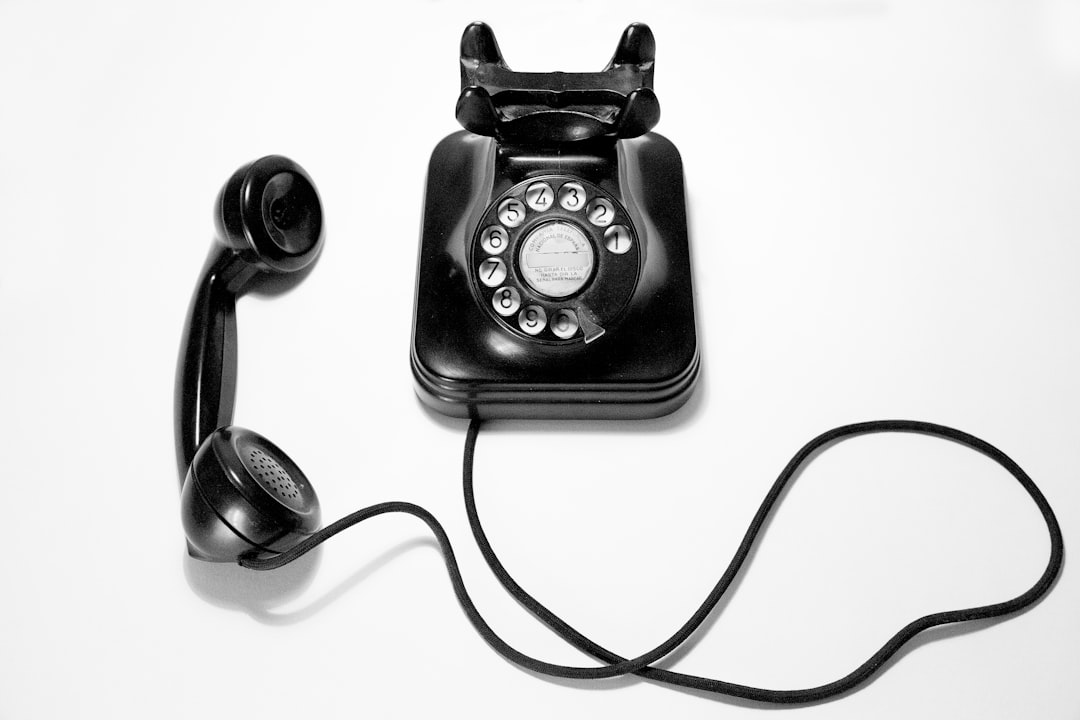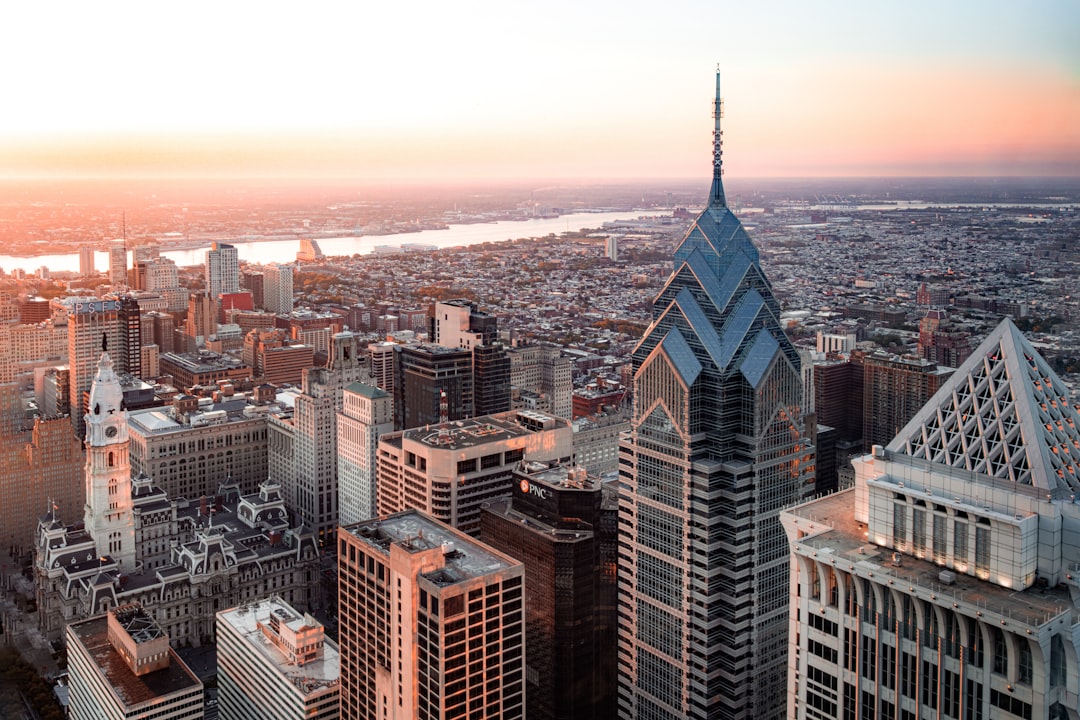Philadelphia's "Do Not Call" laws, extending beyond telemarketers, protect residents from unsolicited sales or promotional calls. Prior written consent is required, with penalties for non-compliance. A Do Not Call Lawyer in Philadelphia can guide individuals and businesses on navigating these rules, ensuring consumer rights are respected. The National Do Not Call Registry has limitations, and consulting a legal professional offers comprehensive solutions for unwanted calls, especially from automated systems or robocalls.
“Unwanted sales calls can be a persistent nuisance, but understanding the Do Not Call laws in Philadelphia is key to protecting your privacy. This article debunks common misconceptions surrounding these laws and empowers you to take control. We clarify that while the National Do Not Call Registry offers significant protection, it’s not an all-encompassing shield. Local numbers can still be used by telemarketers, and some businesses are exempt. Moreover, being aware of your legal rights is crucial; violations can lead to reporting options and potential damages. For expert guidance, consider consulting a Do not call lawyer Philadelphia or a specialized law firm.”
Misconception: Do Not Call Laws Only Apply to Telemarketers

Many people believe that “Do Not Call” laws only apply to telemarketers, but this is a common misconception. These regulations are designed to protect consumers from unwanted phone calls, including those from businesses and even fellow citizens. In Philadelphia, both state and local laws prohibit unsolicited sales calls, often referred to as “cold calling,” unless the caller has obtained prior written consent from the recipient. This means that if you haven’t given permission for a company or individual to contact you, they could face legal repercussions under these “Do Not Call” laws.
While telemarketers are a primary target of such legislation, it’s important to understand that it extends to all entities making sales or promotional calls. Even if a caller is not a telemarketer, they must still adhere to the rules, especially when contacting individuals or businesses who have registered on the Do Not Call list. A lawyer for Do Not Call in Philadelphia can help navigate these laws and ensure your rights are respected, whether you’re a consumer looking to protect yourself or a business operator aiming to comply with the regulations.
– Clarify that the Do Not Call laws in Philadelphia are part of the National Do Not Call Registry and protect consumers from unsolicited sales calls.

The Do Not Call laws in Philadelphia are designed to protect consumers from unwanted and unsolicited sales calls, offering them a sense of peace and control over their phone communications. These laws are an extension of the National Do Not Call Registry, which allows individuals to opt-out of receiving telemarketing calls. By registering with this registry or seeking advice from a do not call lawyer Philadelphia or do not call attorney Philadelphia, residents can ensure they’re not disturbed by unsolicited sales calls.
Many people mistakenly believe that signing up for the National Do Not Call Registry is enough to stop all unwanted calls, but there are limitations. Some categories of callers, such as charities, surveyors, and collectors, are exempt from these restrictions. Thus, it’s crucial to consult with a reputable do not call law firm Philadelphia or its professionals to understand one’s rights and explore options for additional protection against nuisance calls.
– Explain how these laws apply not just to telemarketers but also to any caller using automated dialing systems or prerecorded messages.

The “Do Not Call” laws in Philadelphia are not just confined to telemarketers; they encompass a broader range of callers utilizing automated dialing systems or prerecorded messages. This means that if a company or individual uses technology to automatically dial numbers or play pre-recorded messages, they must adhere to the same restrictions as traditional telemarketers. The primary goal is to protect consumers from unsolicited calls and give them control over their phone communications.
For instance, businesses engaging in robocalls or automated marketing campaigns must ensure they have obtained explicit consent from recipients. Failure to do so can result in legal repercussions, with individuals facing fines for each violation. Therefore, anyone looking for a do not call lawyer Philadelphia or consulting do not call attorneys Philadelphia should be aware that these laws apply uniformly across various forms of automated communication, not just traditional telemarketing calls.
Myth: Registering for the List Means You'll Never Get Sales Calls Again

Registering for the “Do Not Call” list in Philadelphia is a popular step to curb unwanted sales calls, but it’s important to understand its limitations. Many believe that signing up guarantees no more telemarketing calls, but this isn’t entirely accurate. The list primarily restricts calls from unknown or unsolicited sources. While it significantly reduces such calls, legitimate organizations like charities, survey firms, or your local utility company might still reach out, as they are exempt from the restrictions.
Moreover, registering doesn’t automatically mean you’ll never receive sales calls. It’s more of a tool to discourage random telemarketers, and its effectiveness depends on strict adherence to the law by call centers. If you’re still experiencing excessive or unwanted calls, consulting a do not call lawyer in Philadelphia or an attorney specializing in privacy laws could be beneficial to understand your rights and explore legal options.






